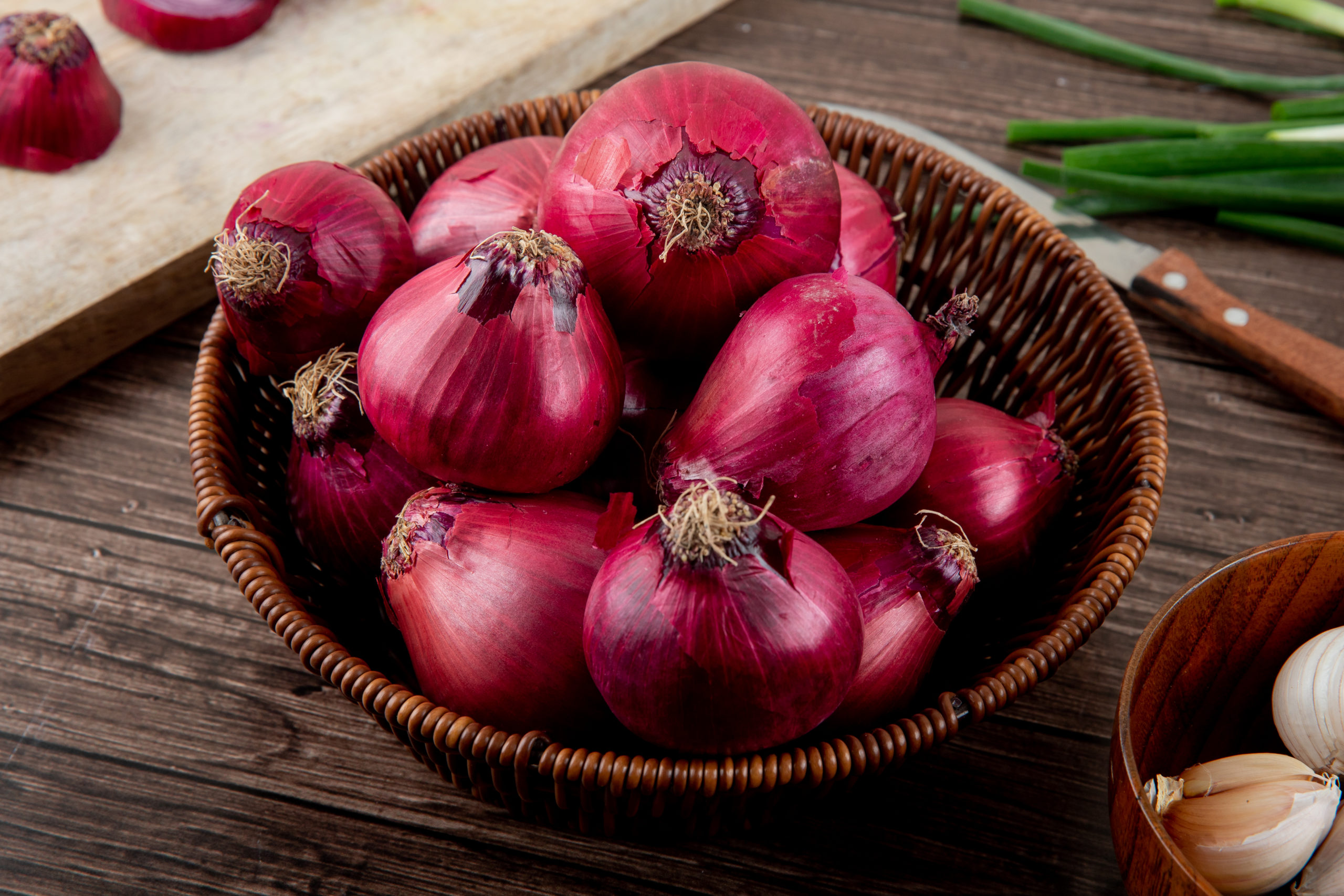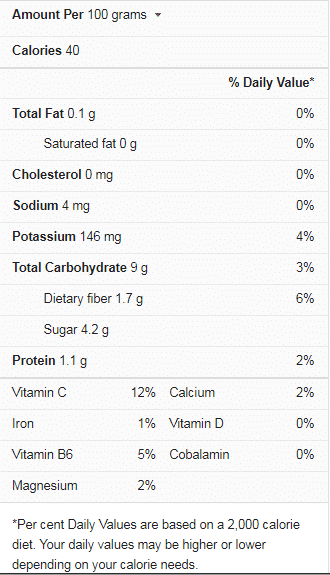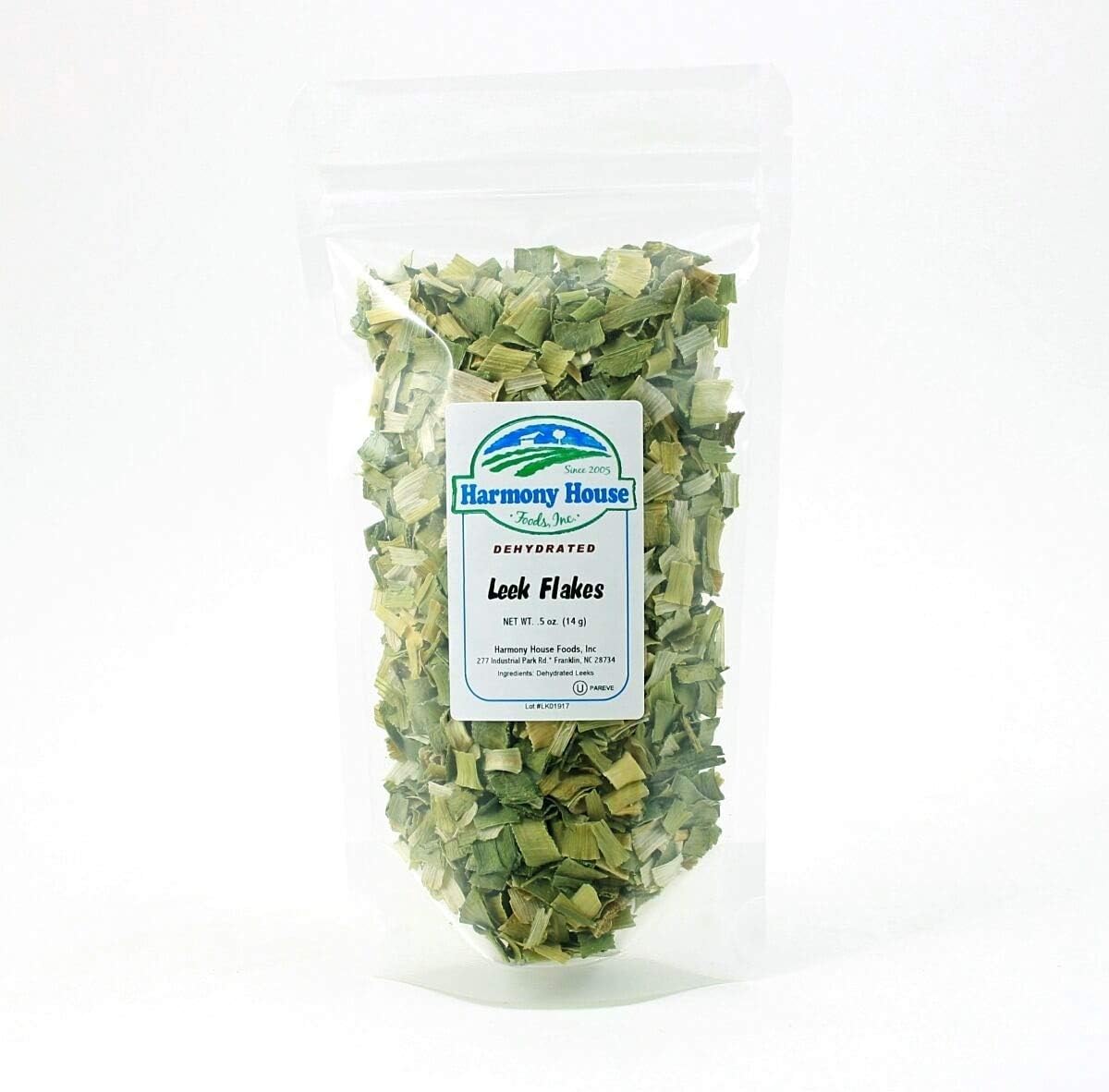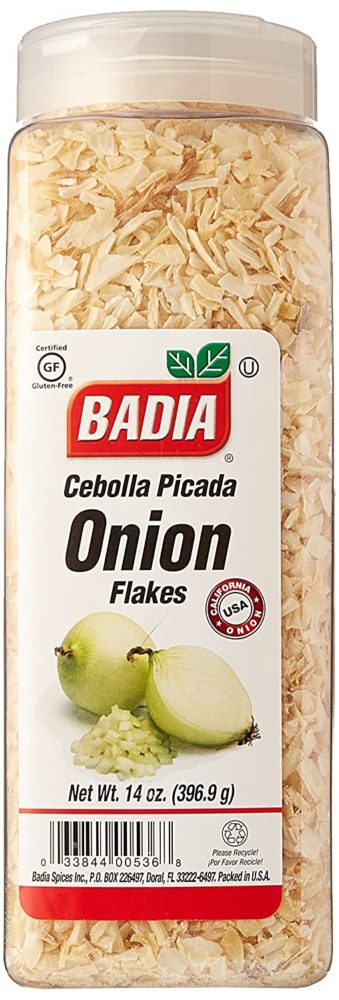Onions are one of the world’s most widely farmed and consumed vegetables. According to studies, the average person consumes about 13.67 pounds of onions per year. Onions can be preserved for storage and then used in any recipe that requires fresh onions. You can also get some minced onions if some recipes particularly demand them. For example, soups, sauces, beans, and casseroles are some of the most typical recipes that require minced onion.

Best minced onions
As much as people enjoy adding onions to their cooking, some might not like their onions minced or want to try something new and interesting and are thus looking for alternatives. Whatever the situation, if you don’t have minced onions on hand, I will show you some good substitutes that will still give your soups, stews, salad dressings, and tartare sauce an awesome punch.
What are minced onions?
Many recipes call for some cut of onion, and they are much coveted. Whether you prefer diced, minced, or chopped onion, you must know how to cut them appropriately. One of those basic cooking skills that will always come in handy is learning how to mince an onion. Mincing onions involves chopping your onions as finely as possible. Begin with the diced onions. Then, using one hand flat across the knife’s point, chop with a rocking motion. Continue until the onions are finely diced in equal sizes.
Onions nutrients facts

Minced onions uses in recipes
Onions are aromatic vegetables that offer delicious recipes with a rich aroma and taste. However, minced onions are about as small as you can get them to be. It’s similar to dicing, except the pieces are much tiny, less than 1/2 inch in diameter. This works well in recipes where you want the flavor, but you don’t want to be reminded that they’re present in your meal. It is perfect for when you’re cooking for someone who hates onions.
Here are some cuisines in which you can well incorporate minced onions:
- Salad.
- Tuna.
- Baked collard greens.
- Roasted vegetables.
- Beef meatloaf.
- Vegetable soup.
- Roasted turkey.
- Veggie burgers.
- Mushroom soup.
- Broccoli cheese soup.
- Beef casserole.
- Roasted chicken.
- Fried eggs.
- Beef brisket
- Cheeseburger.
Minced onions substitutes
Minced onions are a convenient culinary mainstay; dehydration increases shelf life and lessens zing, which is ideal for folks who don’t like the strong onion flavor. However, if you’re making a meal that calls for minced onions but you don’t have any on hand, there are a few substitutes you can adopt into your recipe
For those who prefer the flavor of onion but don’t want bits of onion in their cuisine, onion powder is an excellent solution. Onion powder comes in various flavors, some of which are sweet and raw, while others are burnt and earthy. Use half the amount of onion powder when substituting for dried minced onions. If the flavor isn’t just ideal for you yet, you can add another dash or two. Just sprinkle some over your cooking meals and enjoy your befitting recipe.
Leek flakes
Leeks are vegetables that are prized for their aromatic qualities. They have the appearance of big green onions. Still, their flavor is more complex: mild, sweet, and astringent, similar to a yellow onion. They have a mild flavor and a tender texture, and because leeks are thin and dissolve rapidly, they’re best used in meals where the onion isn’t cooked for a lengthy time. As an alternative for minced onions, wash and dice the white part of the leek. Notably, 1 cup of chopped fresh leeks equals ¼ cup of minced onion.
Garlic powder
Garlic powder is a spice made from dehydrated garlic that is used to improve the flavor of meals. Garlic powder is a typical addition to spice blends and is also found in many seasoned salts. Garlic powder will provide most dishes the same aromatic flavor as minced onion. Notably, ½ teaspoon of garlic powder equals around one tablespoon of minced onion in flavor. Garlic powder is a popular ingredient in traditional Central Asian and European recipes because it gives the flavor of garlic without the time and effort of cooking the fresh vegetable and has a longer shelf life.
Onion flakes
Onion flakes, which are normally found in the grocery store’s dry herb and spice section, are just chopped onions that have been dehydrated. They are dehydrated onions that have the same texture when cooked as dry minced onions. Onion flakes, on the other hand, are smaller and more finely diced than minced onions. To produce the same flavor when substituting onion flakes, use nearly double the amount specified in the recipe.
Frequently asked questions (FAQs)
Are minced onions the same as onion flakes?
Both minced onions and onion flakes are derived from dehydrated fresh onions. After being cooked, they have the same texture, but the flakes are finely chopped while the minced onion is chunkier.
Can I use granulated onion instead of minced onion?
When cooking, granulated onion can also be used in chopped onion, especially if a smooth texture is required. The onions are chopped, dehydrated, and ground into a fine powder that robustly flavors non-cook meals like dips and salad dressings.
How big is a mince cut?
Food is minced when sliced into bits about 1/8″ or 1/16″ in diameter – this is the tiniest size without cutting it into a pulp.
Conclusion
Onions are an essential part of our everyday cooking. Minced onions are well appreciated because they blend well into our simplest recipes. However, some alternatives will help you enjoy your recipes otherwise. You can taste a few flakes or dab a fingertip into the powder if you’re unsure how much flavor you’re getting. The less onion flavor you sense, the more dried onion you’ll need to acquire the flavor you want. Altogether, exploring our suggested options should help you arrive at the best alternative.




